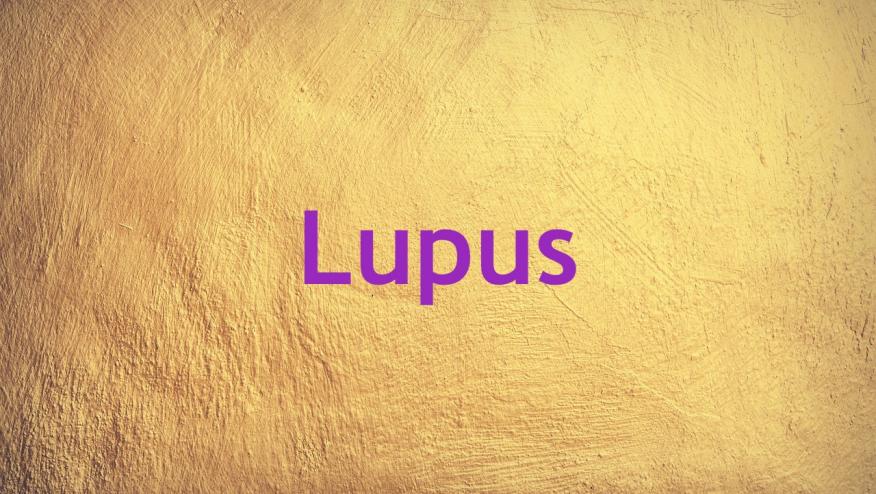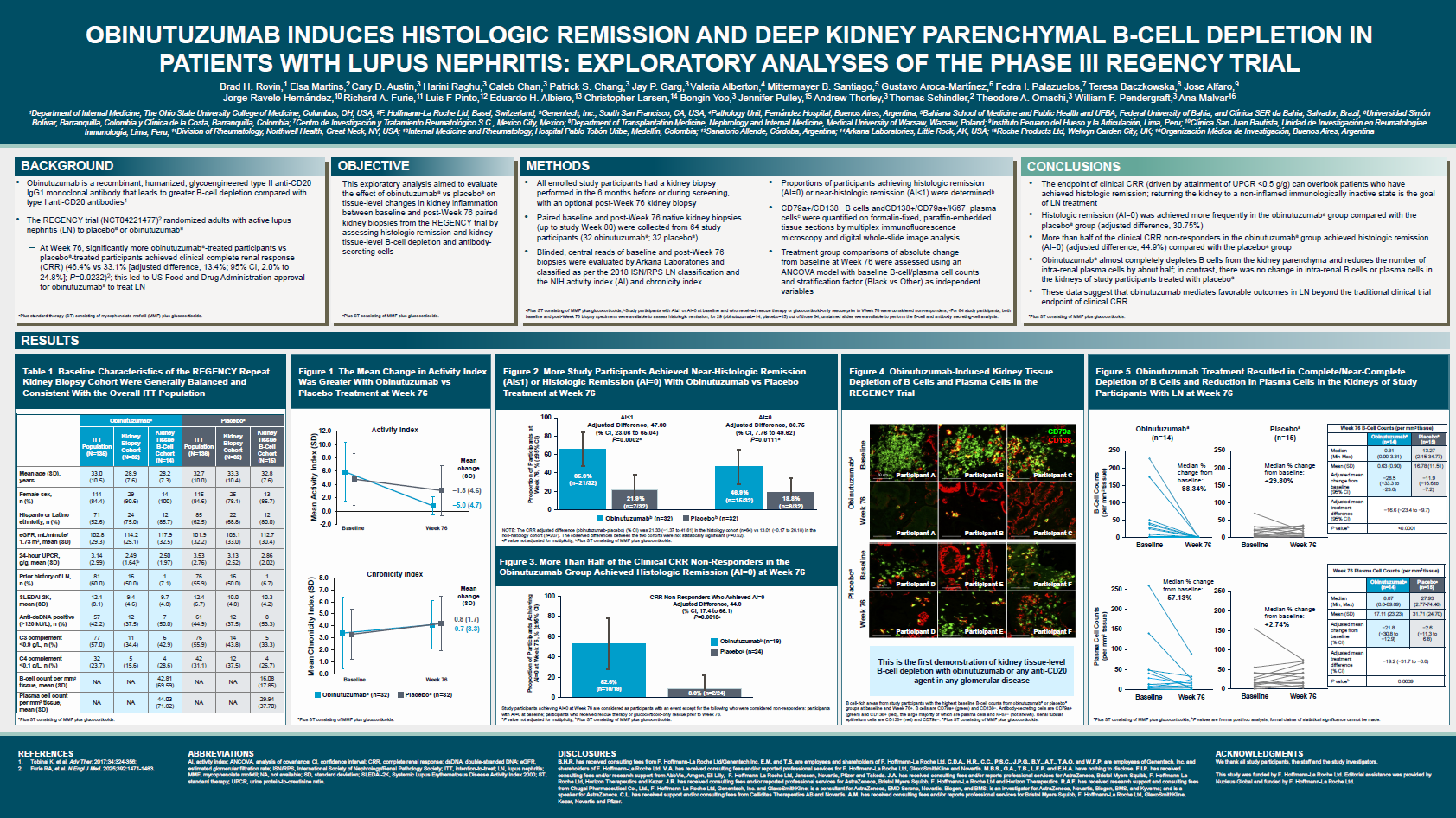SLE Preview: abolishing refractory with CAR-T and better B-cell therapies Save

Inhibition of B cell activating factor (BAFF) and B cell depletion are the two most evaluated strategies over the last 15 years in the field of SLE therapeutics, with licensing of belimumab and off-label use of rituximab. Despite this, some patients remain refractory to these effective therapies.
The inability to achieve complete circulatory and tissue depletion has been shown to be associated with inferior response to B cell depleting therapies. Can B cell killing strategy be further improved?
CD19 chimeric antigen receptor (CAR) T cell therapy in SLE took the centre stage in 2022, where data pertaining to successful case series of 5 patients with refractory SLE were published. The main principle of CAR-T cells is to induce deep B-cell depletion, with the hope to reset the B-cell aberrant immunity for a sustained clinical remission.
At EULAR 2024 in Vienna, several advances in the field of CAR-T cells in SLE will be presented.
Building on data from the original case series, Dr Taubmann et al. (OP0027) will present favourable longer-term data (i.e. median 18 months follow-up) on the effectiveness and safety of the autologous CD19 CAR-T cells in 15 people with autoimmune diseases (SLE=8, SSc=4, IIM=3). What about children and young people since their disease is often more refractory and with higher mortality than the adults? Dr Bracaglia et al. (POS1325) will present data on successful outcomes of CD19 CAR T-cells in two people with cSLE, with severe end-organ involvement and refractory to several potent immunosuppressants. You would be pleased to know that CAR T cell therapy has entered clinical trials, although not randomised. In an open label Phase I trial, Ma Y et al. (OP0017) will present data on the efficacy and safety of BCMA-CD19 compound CAR (cCAR), which is a 2-unit CAR composed of a complete BCMA-CAR fused to a complete CD19-CAR in 10 patients with refractory lupus nephritis. This cCAR targets both B-cells and long-lived plasma cells resulting in autoantibodies elimination. In another Phase I/II trial, Dr J. Cortés-Hernández (POS0046) will present preliminary data on YTB323 (rapcabtagene autoleucel), a rapidly manufactured autologous CD19 CAR T cells in severe refractory SLE.
In addition to CAR T cells, a deep and durable state of B cell depletion can be achieved by using a novel type 2 anti-CD20 mAb, obinutuzumab. Dr Vital E et al. (OP0077) will present data on longitudinal assessment of biomarkers including analysis of B cells using highly sensitive flow cytometry, from a Phase II RCT of obinutuzumab in lupus nephritis.
How about plasma cell depletion strategy to eliminate pathogenic autoantibodies? Dr Roccatello et al. (POS0533) will present case series of 6 patients with severe refractory lupus nephritis who have been treated with daratumumab, a CD38 mAb which is highly expressed on immune cells, particularly plasma cells.
What about dual BAFF-receptor and B cell blockade? Dr Dörner T et al. (POS0540) will present data on how therapy with ianalumab results in profound B cell depletion, as confirmed by flow cytometry and transcriptomic assessments, as well as reduction in autoantibodies.











If you are a health practitioner, you may Login/Register to comment.
Due to the nature of these comment forums, only health practitioners are allowed to comment at this time.